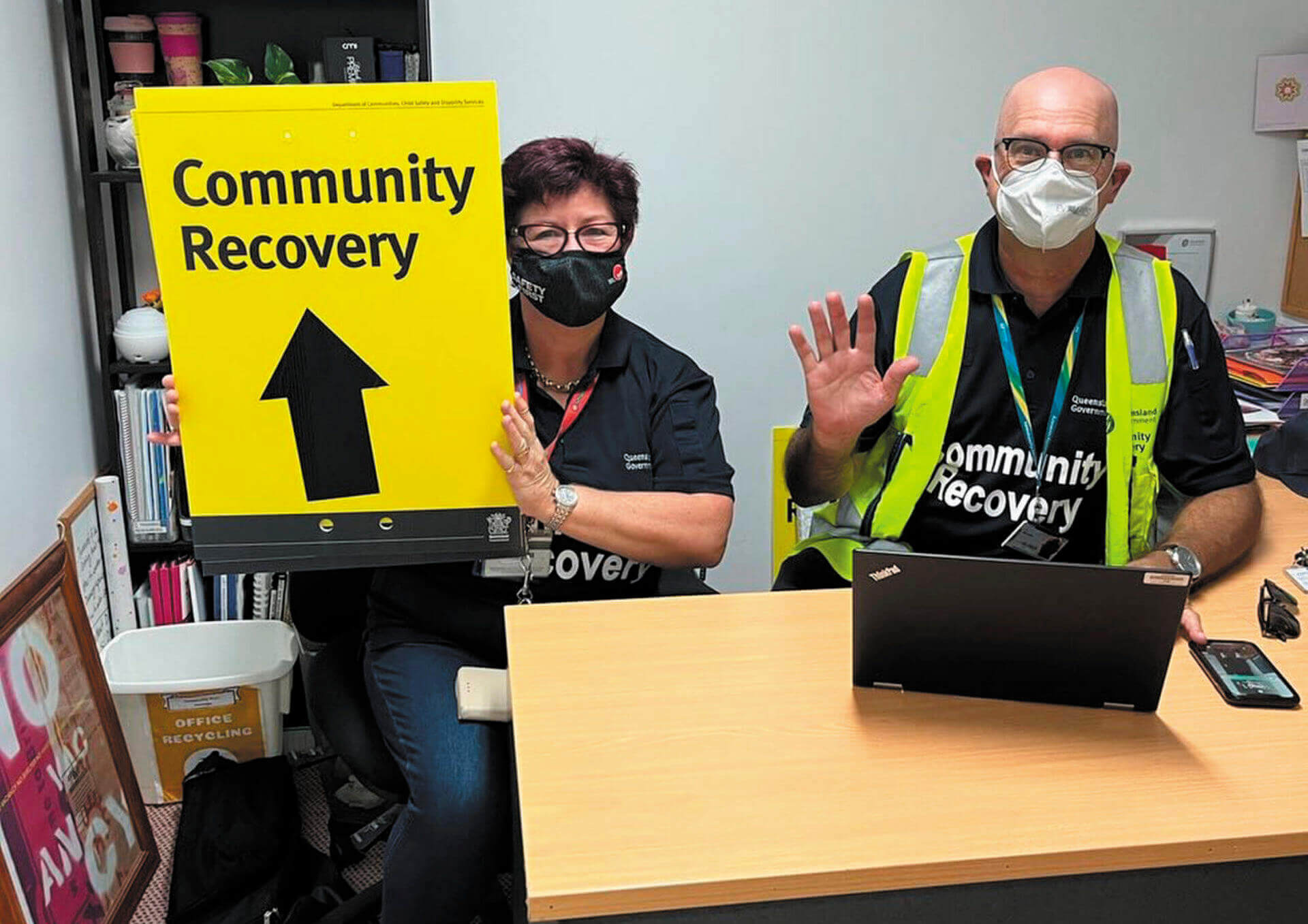In the days and weeks after the floods, the Queensland Government announced Pop-Up Community Recovery Hubs to be opened for people affected by the flooding in south-east Queensland.
Pop-Up Community Recovery Hubs were formally hosted on the premises of the following centres:
Kingston East Neighbourhood Centr
Picabeen Community Centre
Sherwood Neighbourhood Centre
West End Community House
Yeronga Community Centre
Zillmere Community Centre
Other Pop-Up Community Recovery Hubs were set up on non-centre premises but were often reliant on the support of neighbourhood and community centres to provide local community knowledge and expertise, connections, and coordination.
Em James, CEO of NCQ observed: “Neighbourhood Centres often support an ecosystem of service providers, and many of the larger organisations and government agencies who provide immediate crisis support are reliant on the local expertise and connections of neighbourhood and community centres to effectively help the community. As place-based organisations, Neighbourhood Centres are there when the floodwaters are rising and are there long after the floodwaters recede.”
Em also acknowledged the work of their local Neighbourhood Centre, saying “As the waters were rising around my neighbourhood on Sunday 27 February, my local community centre mobilised to open over the weekend of the flooding to support our community. They’ve since been open 7 days a week to support local people, and are now co-ordinating multiple organisations and agencies in their role as a Community Recovery Centre. It’s this local knowledge, rapid response and community focus that makes Neighbourhood Centres so important in what they do.”
As Pop-Up Community Recovery Hubs begin to close, how to fund the continuing support the community needs in the months and years ahead is top of mind for frontline staff.
—
Published: 23 March 2022
